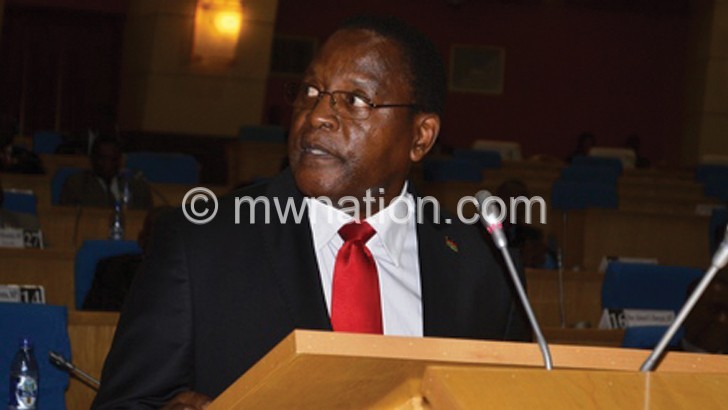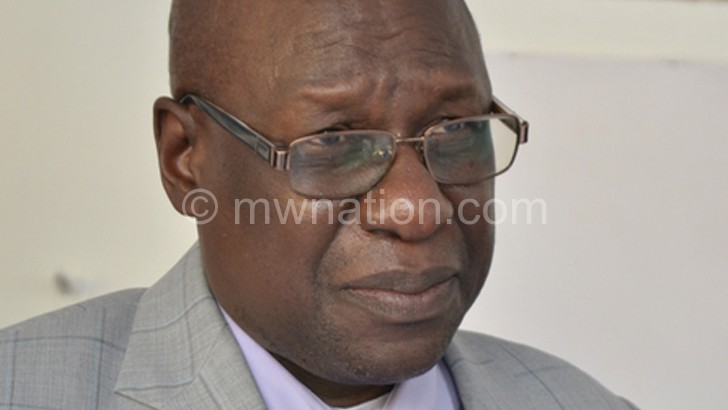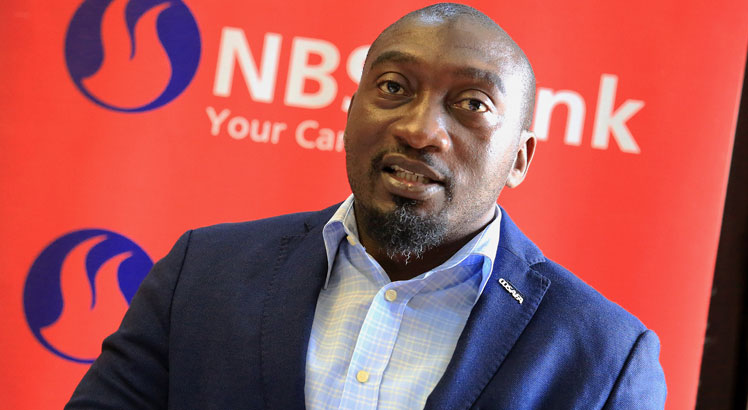Electoral reforms expected in 2016
The National Task Force on Electoral Reforms says it is targeting end of 2016 as the deadline for electoral reforms to be in place to enable the country effectively plan for the 2019 Tripartite Elections.
Speaking in an interview on Friday after opening a consultation meeting in Mzuzu, National Task Force co-chairperson the Reverend Emmanuel Chinkwita-Phiri said the task force is almost through with consultation meetings and will soon submit reports to the Law Commission.
He said the Law Commission would then analyse matters and see what laws need to be reviewed.

Chinkwita-Phiri, who is also a commissioner of the Malawi Electoral Commission (MEC), said issues that require administrative attention would be referred to relevant institutions.
He said the task force wants the reforms to be in place by 2016 so that they can be effected for the 2019 elections to ensure there were no issues arising as the elections draw closer.
However, he said there are some aspects where Malawians will need to be sensitised for a longer period before they are adopted.
Said Chinkwita-Phiri: “We are hopeful that those [reforms that]by 2016 will have got consensus should be in place ready for 2019 Tripartite Elections.”
He said from the consultations, what is coming out is that people want the country to move away from simple majority to absolute majority for one to be declared winner.

In his remarks during the consultation, Church of Central Africa Presbyterian (CCAP) Livinsgtonia Synod Church and Society Programme director Moses Mkandawire said some of the problems in the electoral system are largely due to leaders’ attitude.
He said he saw nothing wrong having the President appointing commissioners, but the spirit of nepotism, favouritism or tribalism in leaders heavily affects the system as leaders appoint people for their personal interest.
The reforms come against the background of a national post election conference that exposed dissatisfaction by several stakeholders with the management of the May 20 2014 Tripartite Elections.
In March this year, the United Nations encouraged Malawi to push ahead with the reforms to enhance the country’s democracy despite political risks associated with the exercise.
MEC and Malawi Electoral Support Network (Mesn) are spearheading the consultative process for the reforms.
In November this year, opposition Malawi Congress Party (MCP) hinted it would table a private member’s bill if government failed to take to Parliament an amendment to the electoral laws.
In his response to the opening address for the 46th session of Parliament President Peter Mutharika made on November 6, leader of opposition in Parliament and MCP president Lazarus Chakwera said the country’s electoral laws have a lot of loopholes which need to be addressed before the 2019 elections.
Among others, Chakwera cited the questions raised over the legitimacy of a government elected with less than 50 percent approval from the electorate, but also a time limit for MEC to announce official results.
In the May 2014 polls, President Peter Mutharika won the presidential election with 36 percent of the votes cast while Chakwera came second with 27 percent.
Currently, Malawi does not have a 50-plus-one electoral system. n




